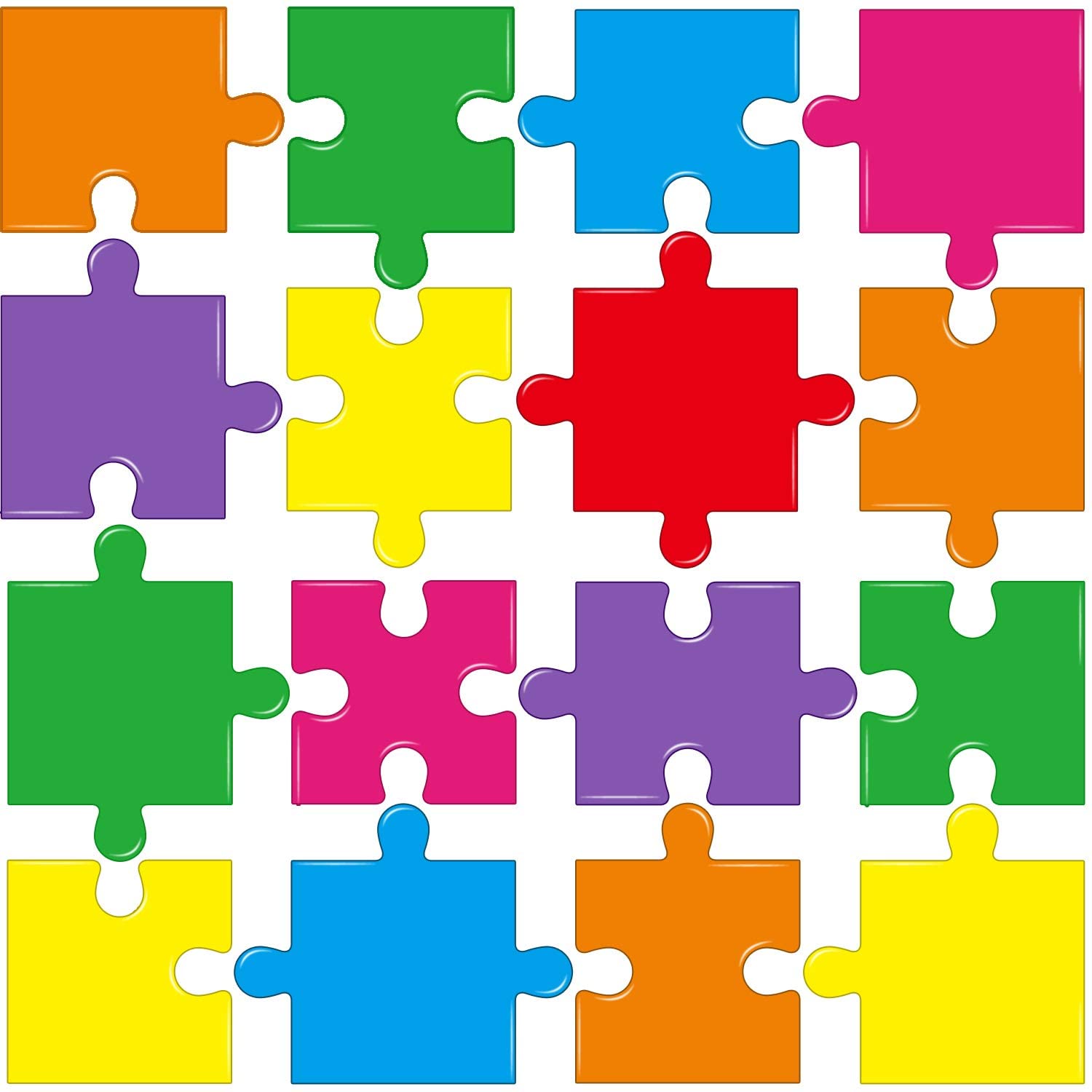
Diversity Is Normal
It's Autism Awareness Month, as many people may know. Why does this matter--that we are thinking and talking about autism, and that we care so much?
When I was in graduate school in the early 90's, I didn't see any autistic clients in our university clinic. Autism wasn't a huge part of the curriculum; in fact I just remember seeing a film about an autistic girl in one of my language development classes.
Cut to 2003 and I'm working in a clinic in Brooklyn where it seemed like every third kid coming in had some form of autism. Research shows that among children who are 8 years old, autism has nearly doubled from 1 in 150 (for children born in 1992) to 1 in 68 for children born in 2002.
So now we have to care. And finally, more companies, like EY, are initiating autism inclusion in job selection. In the past, most people with autism would have had a hard time getting past the interview stage... Now "neurodiverse" people are being sought out.
Is it a sign of our growth as humans that we are becoming more understanding and accepting of difference? Or is it out of absolute necessity-because in the future there will be more and more adults on the spectrum who need jobs and the ability to make money? Or are we just more aware of the gifts and brilliance that many autistic people possess and have to offer and contribute?
Although I still see quite a bit of an 80's male-dominated kind of style in corporate culture, my goodness--and thank goodness, it is changing. More women's voices being heard; more understanding and acceptance of diverse communicative behaviors and styles from people of diverse backgrounds.
I've never been a fan of "norms." In grad school for speech/language pathology, sometimes parents would get a hold of developmental "norms" and hold them as some sort of proof that their kid was, well, not "normal," and get all hung up about it. The truth is, every kid develops differently; whether they start using "r" consistently in their speech this year or next will most likely not make a huge difference to them, educationally or socially.
The fact that these standards perpetuated the idea of difference implying "lesser than" or that there's always necessarily a "problem" in some way bothered me. And even though our goal as SLPs was to help people to communicate better, I often found a bit of condescension or ignorance in the way we approached language learning and style differences, stuttering, and a host of other conditions. Why should the person with the difference have to do all the adapting? It's comparable, in my mind, to the way business professionals come to me with the assumption that there is a "correct" or "right way" of acting or doing something.
When I work with with "neuro-typical" executives in the corporate world, I approach them the same way I did when I was working with clients as an SLP. This person has qualities that are helping them and qualities that are negatively impacting them--and perhaps the group dynamic surrounding them, in the particular environment they are in and in these current times. As I'm sure others have said, everyone is on some sort of "spectrum" in terms of their abilities to learn, grow, and adapt to their environment, and I hope that these societal changes of acceptance for diversity really do represent a symbol of growth in our development as thinking, caring inhabitants of the one world or office space we share.
